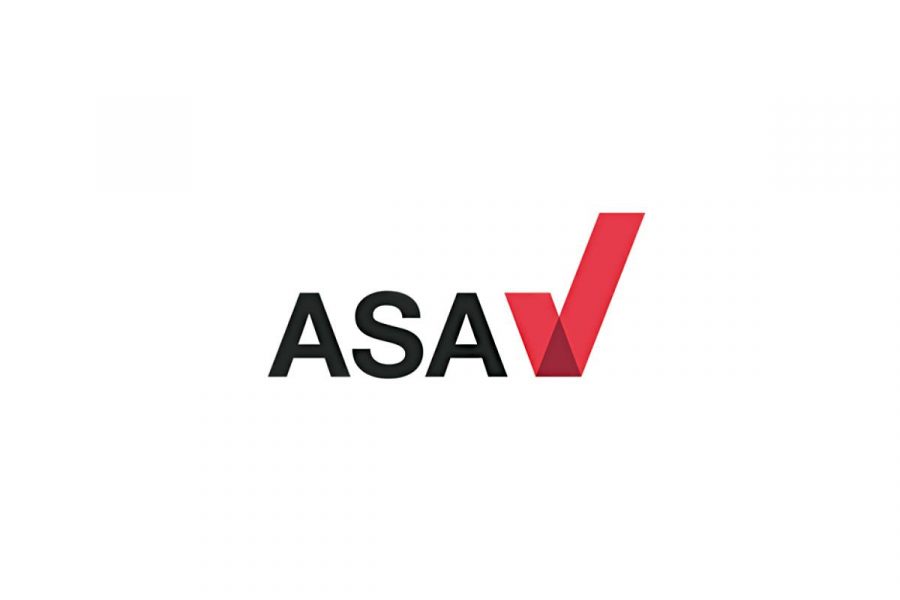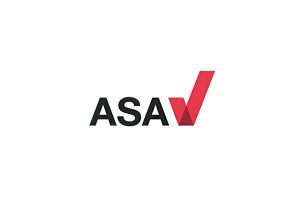UK ads watchdog warns that gambling content marketing must abide by CAP rules

The ASA has warned operators that the “vast majority” of content marketing for gambling is subject to the CAP code
UK.- The Advertising Standards Authority (ASA) has warned gambling operators to ensure that content marketing on social media meets advertising rules. It said it had received questions about whether content marketing counts as marketing for the purposes of the CAP code. Its conclusion is that the “vast majority” does.
In its update, the ASA said questions had been raised over the extent to which the ASA’s remit covers gambling provider communications in social media content marketing: a type of marketing that involves the creation and sharing of online material (such as videos, blogs, and social media posts) that does not explicitly promote a brand but is intended to stimulate interest in its products or services.
The ASA responded that it has a common understanding with the Gambling Commission that all social media content published by licensed gambling operators must comply with the standards and protections set out in the Committee for Advertising Practice’s UK Code of Non-broadcast Advertising and Direct & Promotional Marketing (known as the CAP Code).
In April the Committee for Advertising Practice announced the introduction of tough new rules for gambling ads that it says aim to safeguard young people and vulnerable audiences. The rules significantly impact gambling advertisers looking to promote their brands using prominent sports people and celebrities or social media influencers who appeal to under-18s.
The new rules state that gambling and lottery ads must not “be likely to be of strong appeal to children or young persons, especially by reflecting or being associated with youth culture”.
The ASA view on gambling content marketing
The ASA said: “Social media includes a diverse range of content as marketers attempt to inform, entertain and, ultimately, promote their products and wider brand identity. Sports betting operators are arguably at the forefront of this with popular social media accounts on platforms like Twitter that attempt to drive significant engagement with their followers.
“The ASA regulates commercial communications in marketers’ own spaces online that are likely to have the effect of ‘selling something’; content that can reasonably be considered “advertising”.
For obvious reasons, it can’t regulate everything in the online space. One of the key exclusions – inspired in large part by the need to protect freedom of expression – is for editorial content.
“Gambling social media accounts sometimes include editorial-style content, like commentary or opinions on recent events, or more abstract humour, such as ‘memes’ and other irreverent takes on current sporting news. This has been described by researchers as ‘content marketing’ where there are no direct product references, calls to action or links to operator websites.
“The vast majority of ‘content marketing’ is effectively deemed by the ASA to “sell something” and is, therefore, regulated under the CAP Code.”
Exceptions to the CAP Code
However, the ASA recognised that there may be some exceptions and that some social media content may fall outside the ASA’s enforcement remit on the basis that it is considered not to be directly connected with the supply of the gambling product. This is likely to be where there are no direct, or significant indirect references, to gambling products.
It said that to “ensure nothing falls between the gaps”, the ASA and the Gambling Commission had agreed the following:
- The ASA will continue to consider complaints about social media ads brought to its attention on a case-by-case basis in line with its existing approach to remit decisions.
- In the limited scenarios where complaints about operators’ social media are deemed not to be within remit, the ASA will refer them to the Gambling Commission.
- The Gambling Commission will consider provisions under its Licence Conditions and Codes of Practice (LCCP), which sets out the rules for operators licensed to transact with consumers in Great Britain, and will consider taking action in line with its Statement of Licensing, Compliance and Enforcement policy.











